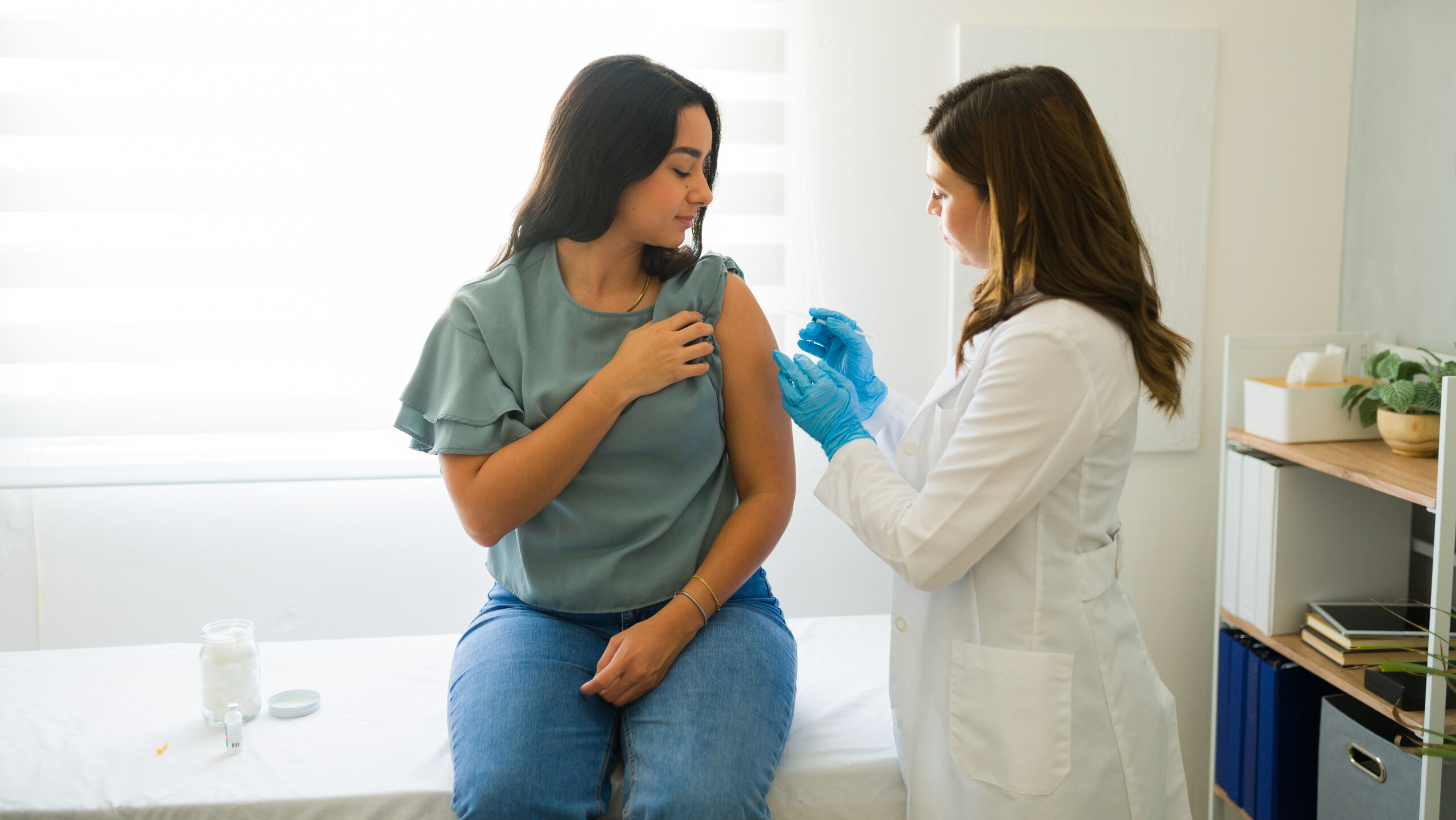March 8th was International Women’s Day, a day to celebrate the achievements of women globally, and to promote gender equality in all arenas, including health care. Women have specific health care needs beyond the obvious reproductive system needs, including preventive treatment for certain conditions that occur more frequently in women than men. These needs are often overlooked, so women need to be their own health advocate to get the right care.
Let’s explore the special health care needs of women in more detail.
Reproductive Health
Women have special reproductive system health care needs. They are vulnerable to many issues and conditions that men don’t have, from endometriosis to pregnancy to cervical and ovarian cancer. These require care from a medical professional with specialized knowledge and expertise. Women also often require contraception or treatment for infertility and need a physician who can offer personalized advice about options based on their overall health and other specific factors.
Female Specific Health Conditions
Certain conditions occur more frequently in women than men, so women need to be aware of these conditions and should choose a doctor who understands these tendencies.
Autoimmune Diseases
There are over 80 autoimmune diseases, including conditions like rheumatoid arthritis, multiple sclerosis, scleroderma, and lupus. Studies have shown that of the people who present with an autoimmune disease, more than 75% are women. This tendency is related to women having two X-chromosomes, one of which the body inactivates, potentially leading to autoimmune disease development. Understanding this tendency is important in order to prevent, diagnose, and treat women for autoimmune diseases.
Breast Cancer
While men can get breast cancer, 99% of breast cancer cases are women. This is largely due to the female hormones estrogen and progesterone as well as the fact that women have more breast tissue. Other factors also play a role, including genetics and certain lifestyle choices. It’s important that women have a medical professional who understands the risks of breast cancer and the importance of early detection.
Irritable Bowel Syndrome
While Irritable Bowel Syndrome (IBS) affects both men and women, women are more likely to develop it. Women also present with different symptoms, experiencing more bloating, nausea, and constipation than men. Often, IBS symptoms in women occur before or during menstruation. Treating women with IBS is also sometimes different than treating men, as women tend to respond better to certain medication.
Osteoporosis
Of people diagnosed with osteoporosis, around 80% are women, generally older women. Women have less dense bones than men and lose bone mass after menopause. It’s important to understand the risk factors of osteoporosis, and how to reduce the chances of it developing.
Gallstones
Gallstones can develop in part due to female hormones that can affect the composition of bile, so women are up to three times more likely to develop gallstones. Women, particularly as they get older, should know the symptoms of gallstones, which are often mistaken for other conditions.
Thyroid Diseases
The prevalence of thyroid disease in women is significantly higher than in men and is sometimes related to autoimmune disorders and other conditions. Women should be aware of these co-occurrences and other risk factors, as well as the symptoms of thyroid disorders.
Stroke
Stroke is one of the leading causes of death for women and affects more women than men. High blood pressure is the main risk factor, so women who are treated for high blood pressure should be aware of lifestyle changes that they can make to prevent stroke.
Urinary Tract Infections
Women are much more likely to develop urinary tract infections due to their shorter urethra and its proximity to the anus. Women can take many measures to reduce their risk of UTIs, although they still may occur.
Women’s Health Misconceptions
Part of a woman being her own health care advocate is understanding certain misconceptions. For example, heart disease is often thought of as a man’s disease, when in fact heart disease is the number one cause of death for women. It’s also a myth that women are less likely than men to develop cancer, when certain cancers are actually more prevalent in women.
Misconceptions like these are why women should continuously educate themselves about their health risks and speak with their health care providers about screening and prevention.
The Gender Health Gap
Unfortunately, much is still unknown about women’s health, including the effectiveness of certain treatments. This is in part due to the fact that prior to 1993, women were rarely included in clinical trials of all kinds, even for medications and medical devices. Because of this, even medical professionals know little about how certain diseases affect women, and how certain treatments will affect women. In fact, one study found that women suffer more adverse side effects from medications than men because of their lack of inclusion in clinical trials.
This historical bias is why a gender health gap in medical knowledge exists, leading to less effective medical care and treatment for women globally.
In Closing
Women are important. Women can accomplish amazing things. Women can contribute just as much as men to the world. At Health Service Alliance we understand those facts, which is why we offer specialized medical care for women. Our providers know the health care needs of women and provide care and treatment that is personalized to each unique woman. Give us a call today to learn more.




